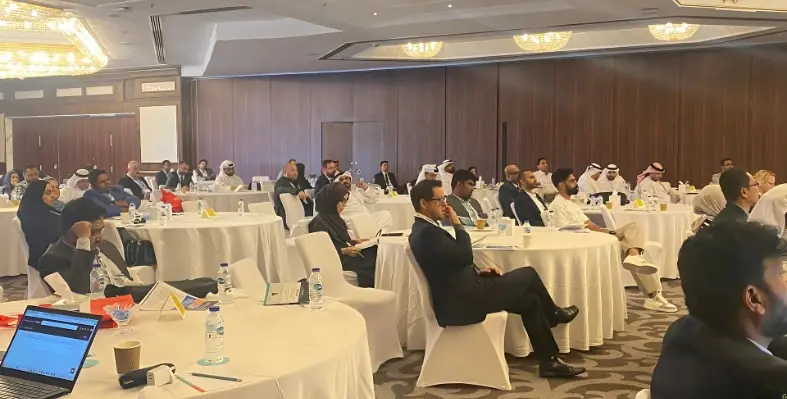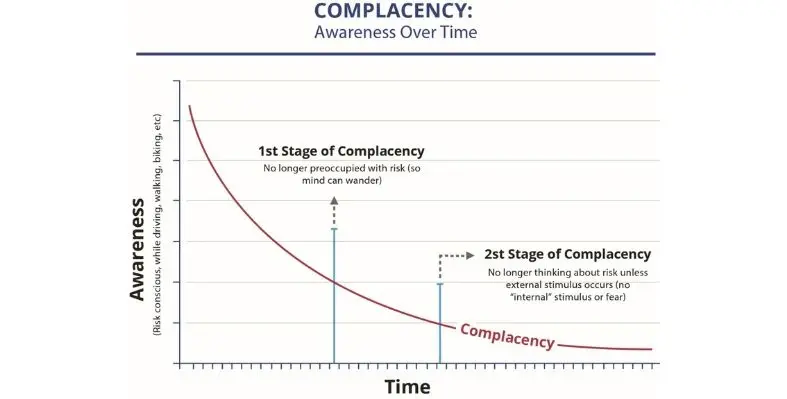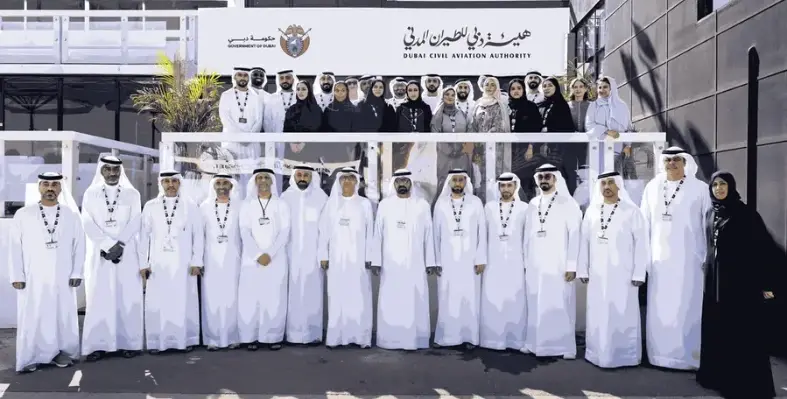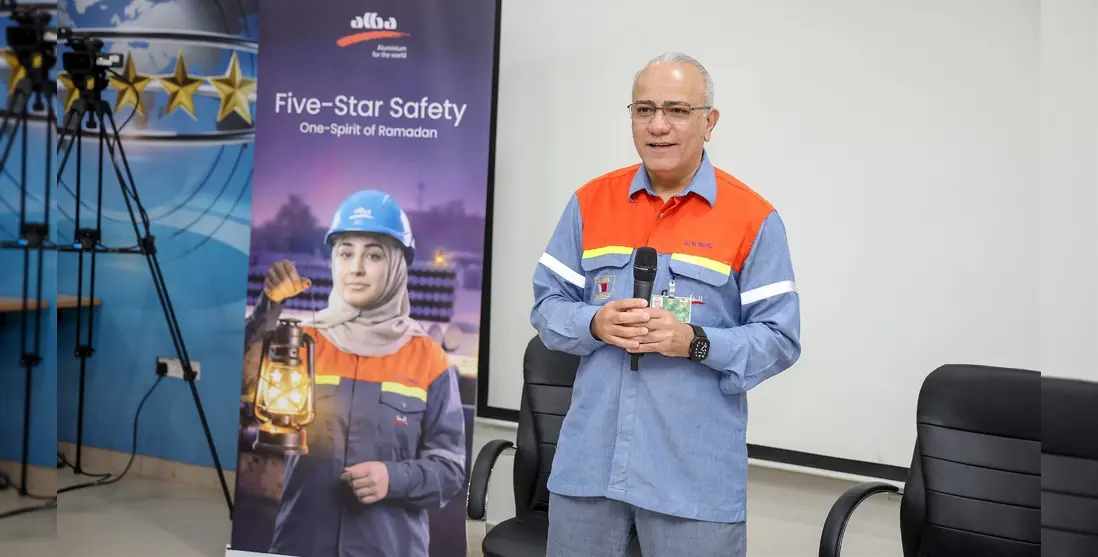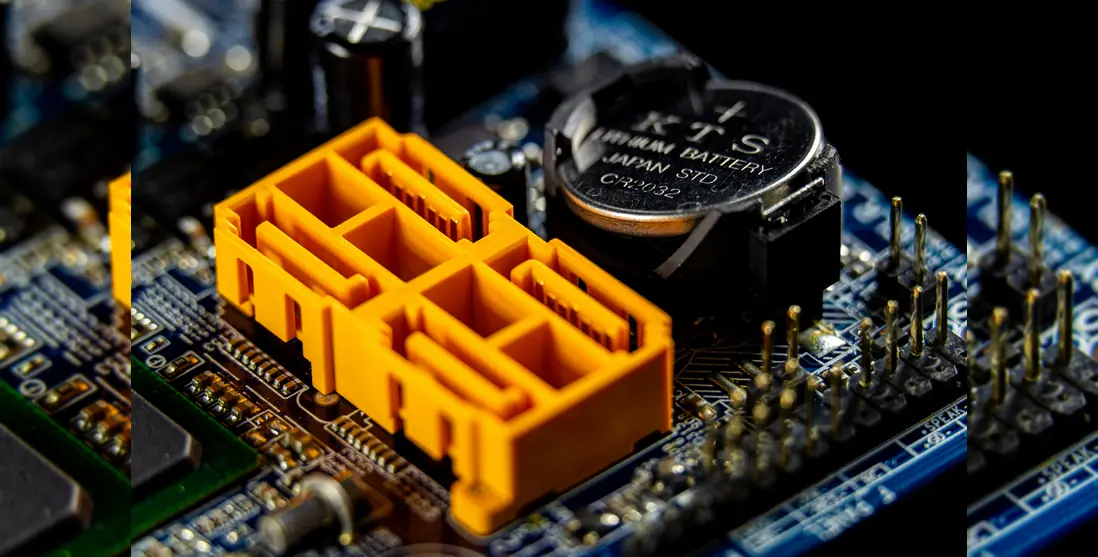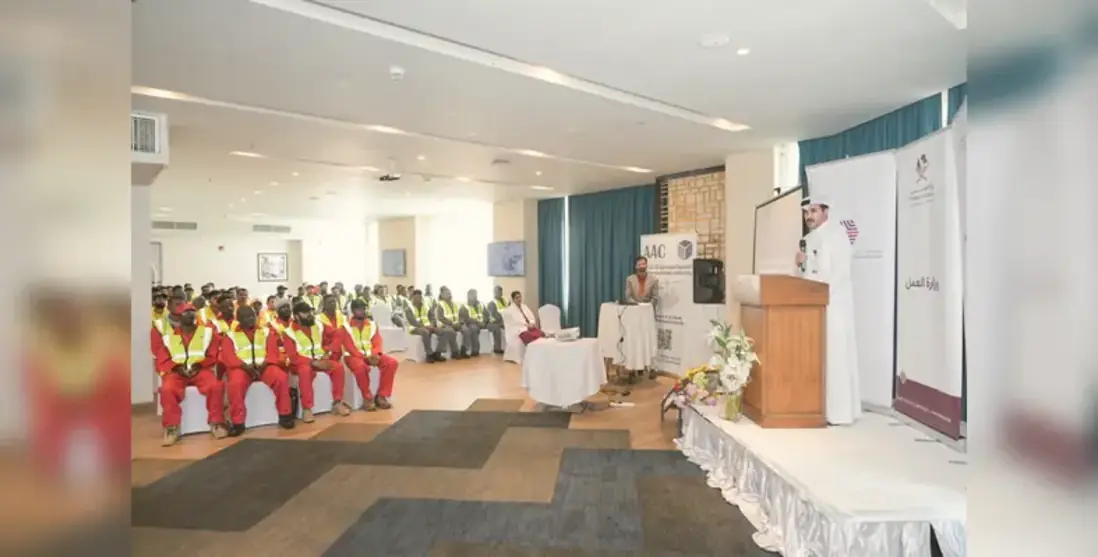Technology company F5 Networks has launched a new Silverline Cloud Platform Point of Presence (PoP) in Bahrain
The move is part of a global expansion strategy to help clients better adapt to rapidly evolving threat imperatives and a new diversity of opportunities for cloud consumption.
Silverline allows security services to be deployed for every app – irrespective of location – without upfront investments in IT infrastructure and support.
The new PoP will provide improved application performance and reduced latency for customers of Silverline Managed Services in the Middle East, Africa and surrounding regions. It includes offerings from F5’s Silverline Web Application Firewall (WAF), Silverline DDoS Protection, Silverline Shape Defense and Silverline Threat Intelligence.
Bahrain is F5’s third Silverline PoP serving the Europe, Middle East and Africa (EMEA) region, with the others being located in the UK and Germany. F5 currently operates 12 additional Silverline PoPs around the globe.
“Bahrain PoP enhances our ability to provide high-value managed security services that optimise and secure applications wherever they reside. It is also an acknowledgement of the Middle East’s continued and growing leadership in the cloud computing space,” said Mohammed Abukhater, F5’s regional vice-president for the Middle East and Africa.
“Our customers in the Middle East, Africa and adjacent regions can now leverage Global Server Load Balancing (GSLB) to intelligently route end-users’ traffic through the Silverline Managed Services Platform PoP without latency issues,” he added.
Due to its strategic geography and burgeoning cloud computing credentials, Bahrain was selected for the latest PoP location in the F5.
The PoP launch also comes as the wider EMEA region continues to stand out for its multi-cloud momentum and ambition.
Around 88 per cent of surveyed EMEA organisations are now leveraging multi-cloud environments, compared to 87 per cent in the Americas and 86 per cent in the APCJ region, according to F5’s sixth annual State of Application Services (SOAS) report.










